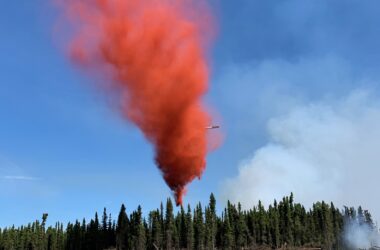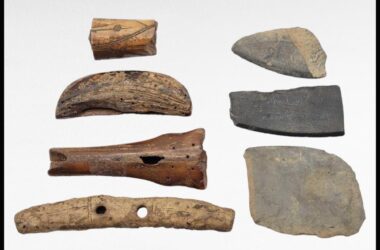There have been 751 additional coronavirus cases added in Alaska during the past three days, and several came from the Kenai Peninsula Region, according to the Department of Health and Social Services. Kenai and Soldotna had the third and fourth highest count numbers across the state in the Monday data update from Friday July 30th through Sunday August 1st. Kenai had 40 new cases, Soldotna 34, Kenai Peninsula Borough North 6, Seward 4, Nikiski 3, Sterling 3, Homer 2, and Kenai Peninsula Borough South 2. There were several nonresident cases reported including 4 in Soldotna.
The statewide coronavirus alert level has been at high since July 19th. Eleven regions in the state are also in a high alert status of their own, meaning community transmission is widespread, including Kenai Peninsula Borough with 47.30 cases per 100,000.
State Epidemiologist, Dr. Joe McLaughlin, spoke on the vaccine’s efficacy against the rising delta variant:
“If 100 people are vaccinated, fully vaccinated with, let’s just say the Pfizer or the Moderna vaccine, we would expect that, if all 100 of those people were exposed to the delta virus, then about 12 will get infected and will actually have COVID, 12 out of 100. If you’re talking about the Johnson & Johnson vaccine, we don’t have good studies yet for J&J, but we have pretty good studies for the AstraZeneca, which is roughly equivalent, then the vaccine efficacy drops down to probably in the mid-to-high 60 range. That means that if 100 people are vaccinated with the Johnson & Johnson or let’s just say the AstraZeneca vaccine and we exposed all 100 of those people to the delta variant, then you would expect that about 33 roughly, will wind up getting COVID illness. Among those people who get infected and with, what we would call a breakthrough infection, the vast majority are not going to require hospitalization.”
Across the state, 44.5% of the Kenai Peninsula Region are considered fully vaccinated against the coronavirus.






